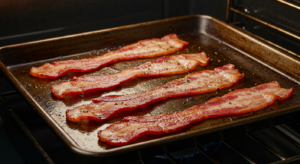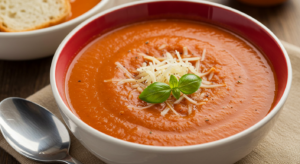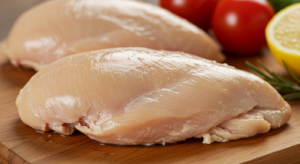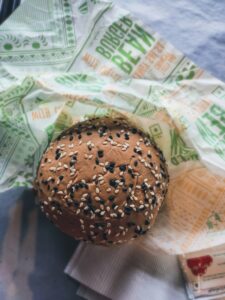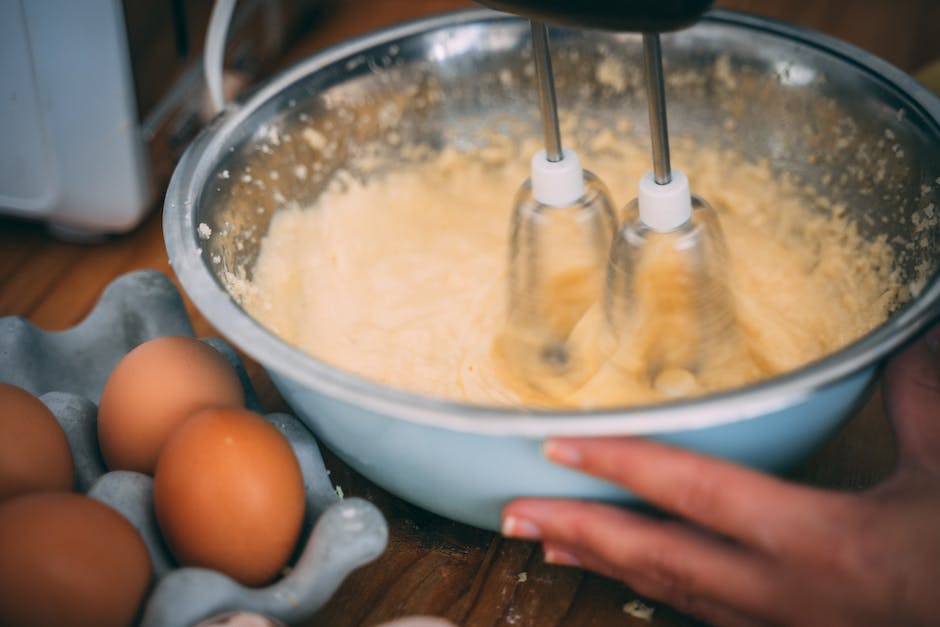
Step 1: Soak the Chicken Liver
The first step in learning how to cook chicken livers is soaking. This process enhances the chicken liver taste. So, soak the chicken liver in milk or lemon juice for an hour. This removes any strong flavor, making it more palatable. After soaking, drain the liquid, and pat them dry using paper towels. You don’t want any excess liquid as it may cause the oil to splash during cooking.
To ensure that you get a golden brown finish when you cook, be sure to dry with paper towels thoroughly. Too much moisture may result in steaming rather than frying. Also, remove any visible fat or sinew that may affect the texture or taste of the meat.
Step 2: Spice it Up with Salt and Black Pepper
Once you have properly drained and dried your meat, it’s time to season it. A simple mix of salt and black pepper and garlic powder can significantly enhance the chicken liver taste. Season the meat generously for a delectable, savory taste. Remember that chicken livers are an organ meat and thus might have a stronger taste than most meats, hence the need for enough seasoning.
While using salt and black pepper is traditional and straightforward, feel free to experiment with your seasonings. Other herbs and spices, such as thyme, paprika, or cayenne pepper, can also be used for diverse flavors in your chicken liver recipes.
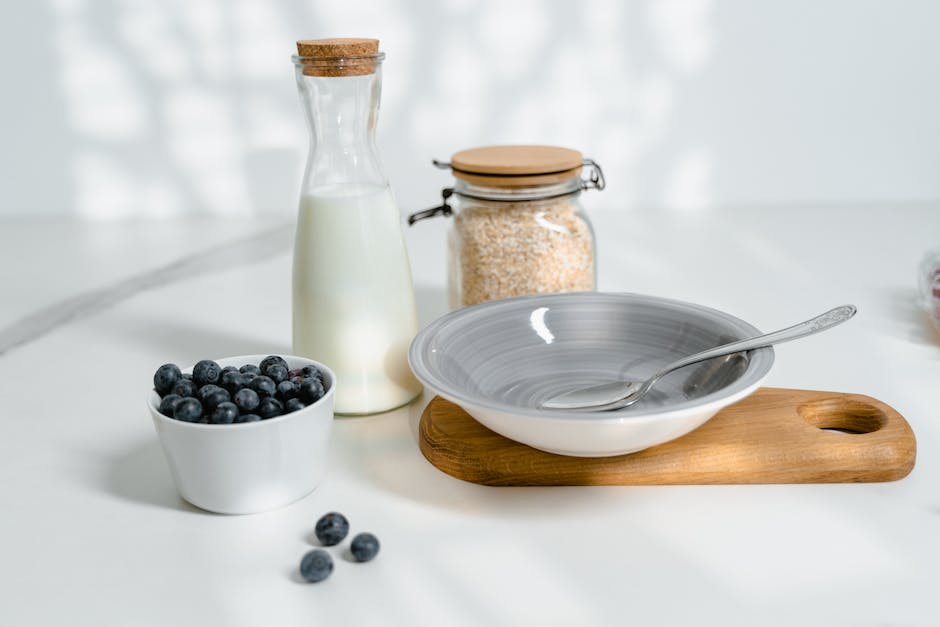
Step 3: Cook-Off With Medium Heat
For ideal results, it’s recommended to cook chicken livers using medium heat. This temperature ensures the livers are cooked well without drying out. Preheat your pan on medium heat before adding in the olive oil.
Just like beef liver, chicken livers should be cooked until they reach an internal temperature of 165 degrees Fahrenheit. Use a thermometer to check this. Cooking at this temperature ensures the liver is safe for consumption.
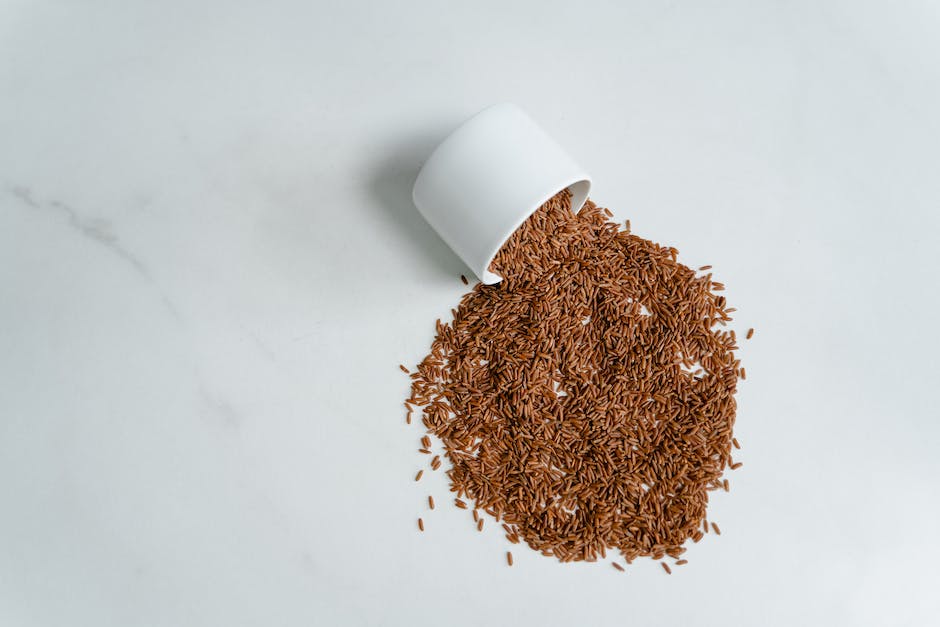
Step 4: A Match Made in Heaven- Liver and Onions
The combination of liver and onions offers a culinary delight that’s hard to surpass. To make this, sauté your onions in olive oil until they are caramelized onions. The sweetness of the caramelized onions cuts through the strong flavor of the liver, giving a well-balanced dish.
For a unique twist, you could also cook beef liver with caramelized onions using your chicken liver recipe. Remember, versatility in the kitchen allows for the creation of new, exciting dishes.
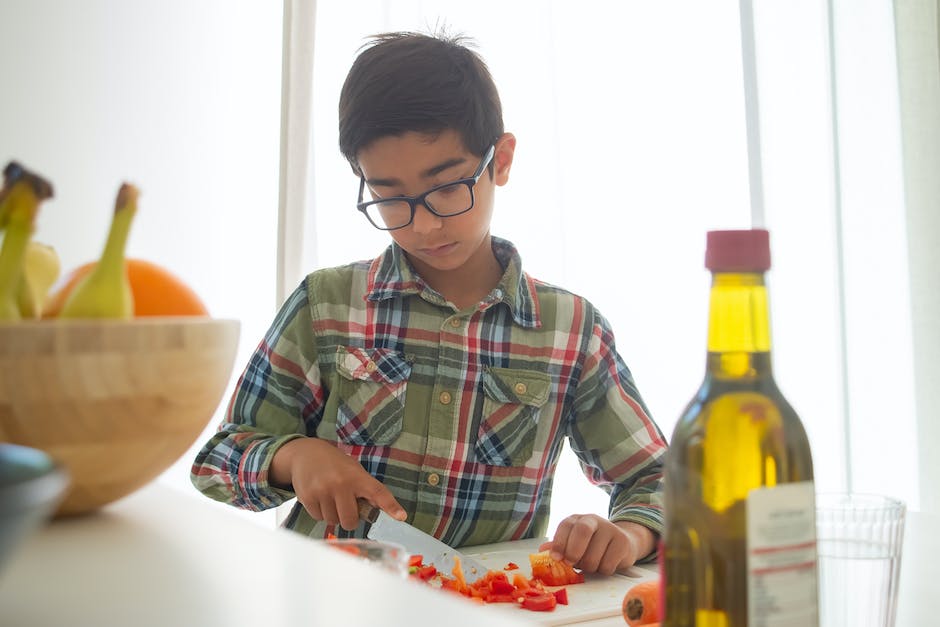
Step 5: Achieving the Perfect Golden Brown
Cook your livers until they become a golden brown color. Flip the livers frequently to keep them from burning or overcooking on one side. Make sure to cook each side evenly to attain that perfect golden brown finish.
Also, be sure to maintain medium heat throughout the process to prevent the livers from cooking too fast. Overcooking may cause the livers to become tough and lose some flavor.
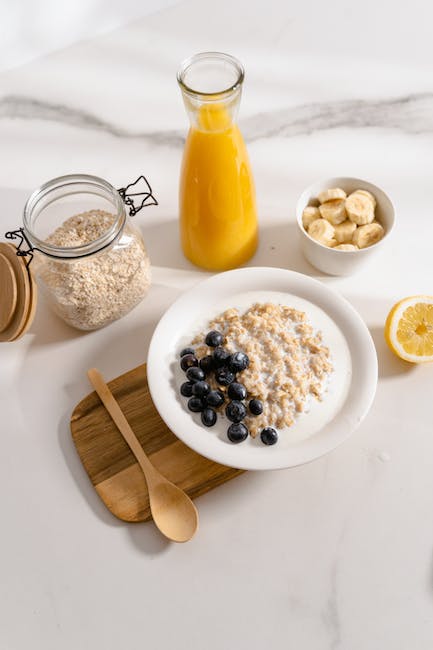
Step 6: Serving with Accompaniments
Now that your livers are cooked, serve immediately with your caramelized onions on top. Other recommended accompaniments include mashed potatoes, roasted vegetables, or rice. Remember, it’s all about your preference.
This way, you can enjoy your perfectly cooked chicken livers. Pair your dish with a nice glass of red wine to complement the savory flavors of the organ meat.
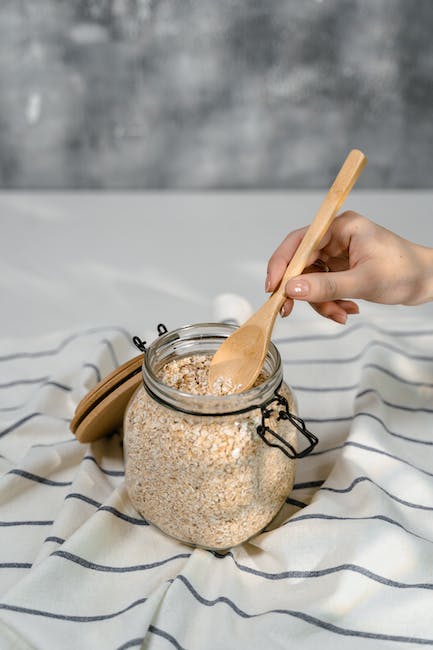
Step 7: Save Leftovers
If you have any leftover cooked liver, be sure to store them properly. You can reheat these leftovers for a quick meal the next day. Ensure they’re stored in a tight container to retain their delicious chicken liver taste.
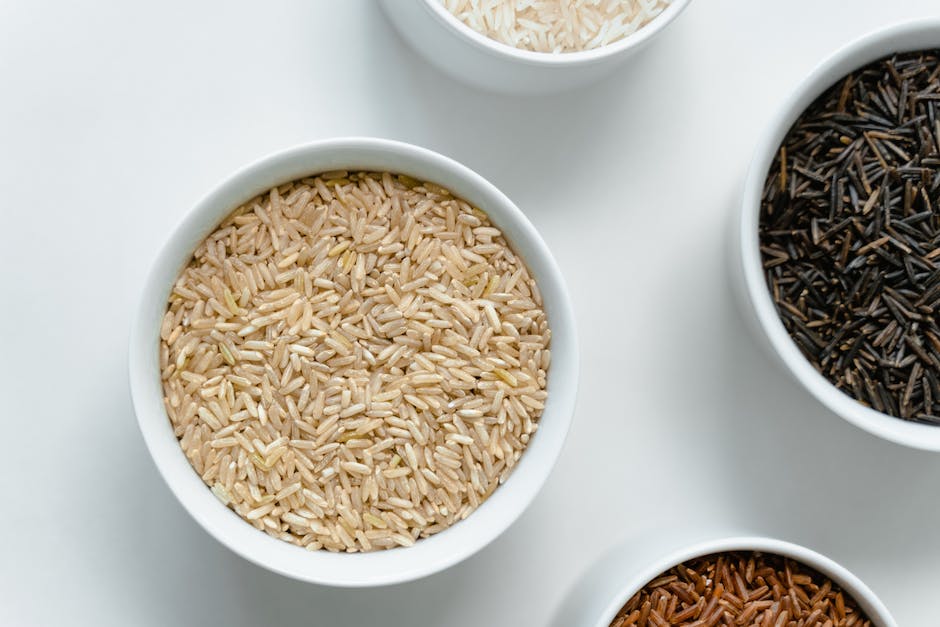
Step 8: Exploring More Chicken Liver Recipes
Once you have mastered how to cook chicken livers, you can explore more chicken liver recipes. There are countless ways to prepare this organ meat. Be creative and enjoy the process.
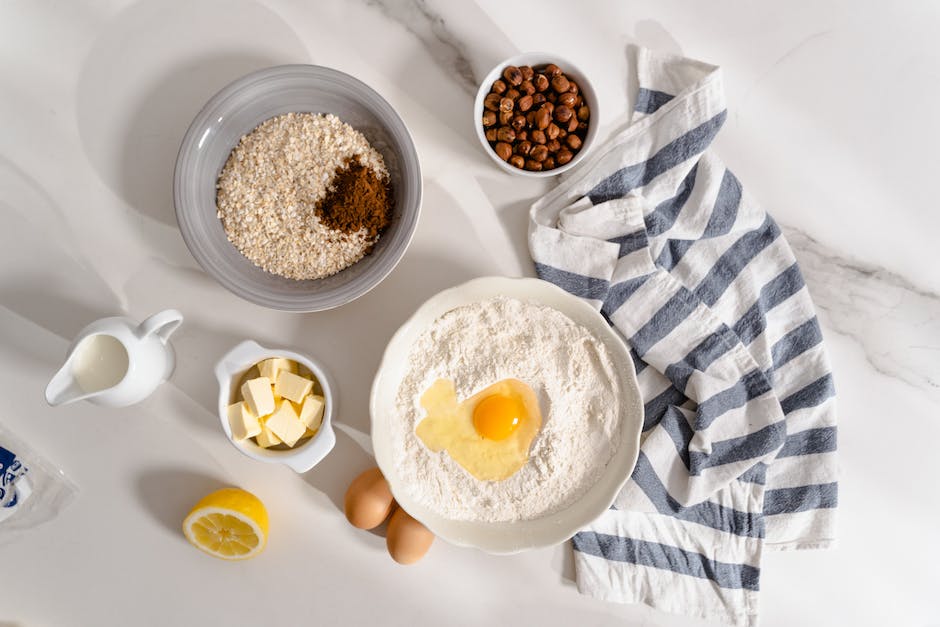
Step 9: Enjoy Your Fried Chicken Liver
And there you have it, your fried chicken liver, ready to relish. By following these steps, you’ll master how to cook chicken livers in no time.
FAQ
1. What’s the importance of soaking chicken livers before cooking?
Soaking chicken livers helps to remove the strong, sometimes metallic, flavor that can be off-putting to some. Also, it helps to tenderize the meat before cooking.
2. How long should I cook chicken livers?
You should cook chicken livers for about 4-6 minutes on each side on medium heat. This ensures they reach the internal temperature of 165 degrees Fahrenheit which is safe for consumption.
3. Can I substitute olive oil with any other oil?
Yes, you can substitute olive oil with other oils like canola or vegetable oil. It primarily depends on your taste preference.
4. What’s a good side dish to serve with cooked liver?
While this depends on personal taste, the classic pairing is with caramelized onions. Other options include mashed potatoes, roasted vegetables, or rice.
5. How can I improve the taste of chicken liver?
Season your chicken liver with spices like garlic powder, salt, and black pepper. Cooking with olive oil also enhances the flavor.
6. Can I use beef liver instead of chicken liver?
Yes, beef liver can be substituted for chicken liver. However, be aware that beef liver has a much stronger flavor and may require more seasoning.
7. How do I know when the liver is done cooking?
The best way to tell if liver is done is by checking its internal temperature. It should reach an internal temperature of 165 degrees Fahrenheit.
8. Can I freeze cooked liver?
Yes, cooked liver can be frozen for up to 4 months.
9. Is it okay to eat slightly pink chicken livers?
Chicken livers are safe to eat when they’re slightly pink on the inside, as long as they have reached an internal temperature of 165 degrees Fahrenheit.
10. Why do I need to pat the liver dry after soaking it?
Moisture creates steam, preventing the liver from getting a nice golden brown color during cooking. Also, excess moisture can cause oil to splatter, which could result in burns.



